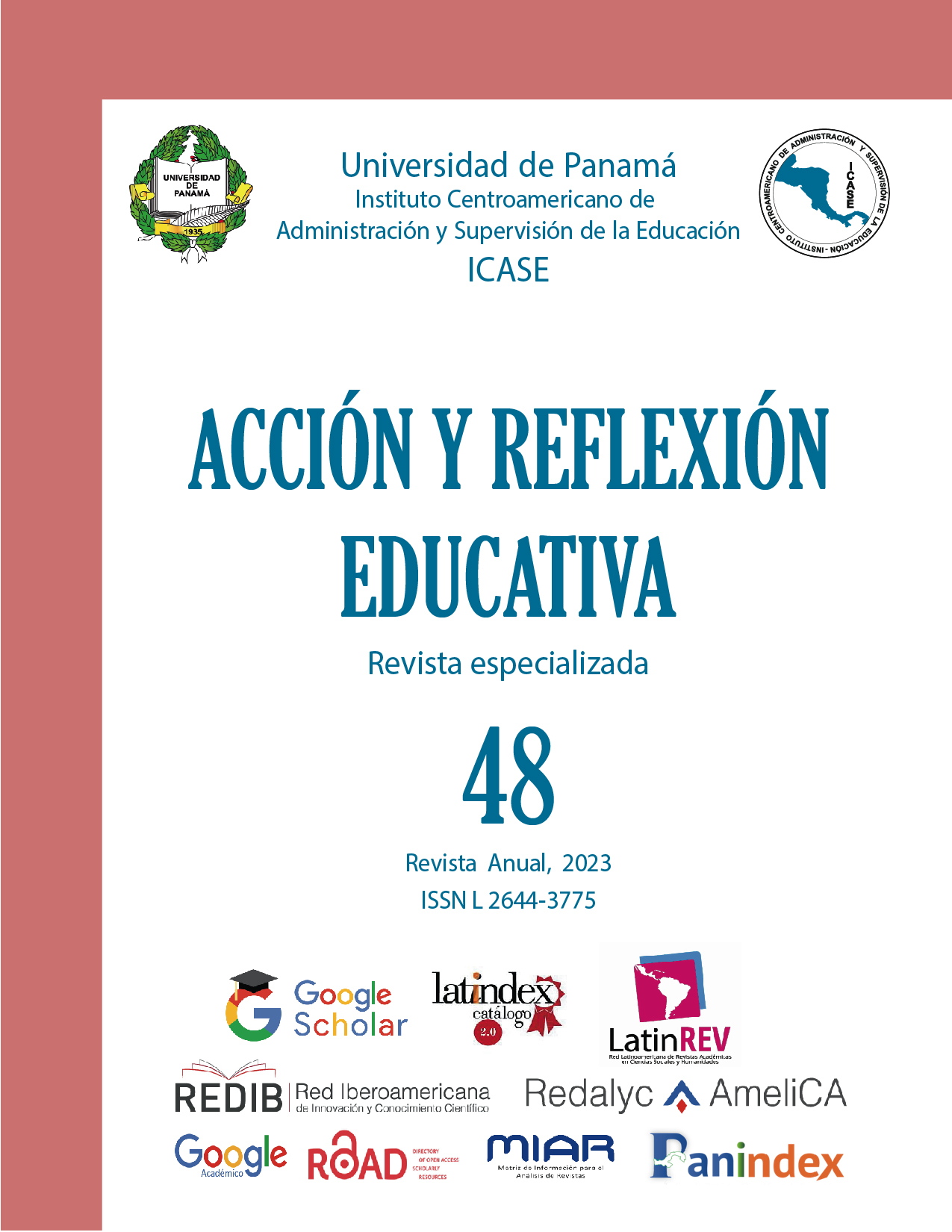


This work is licensed under a Creative Commons Attribution-NonCommercial-ShareAlike 4.0 International License.
The ontoepistemological discussions of logical investigative processes constitute the objective and social function of the university worldwide and in Venezuela, to assume its commitment to train potential researchers directed to address multiple and complex problems of societies in historical, social evolution, where research is an important process, not only to accumulate data and information, but to be applied by the researcher with experiences and experiences, integrating logic, rationality, science and scientific research that require overcoming weaknesses in investigative skills and limitations of the research process in doctoral studies. The objective of this study is to reflexively analyze the logical processes and construction of knowledge in doctoral research from the context of university education. Theoretically based on Ugas (2011), methods, Balza (2013), transdisciplinarity, Grinnell (1997), Hernández Sampieri et al. (2006), Rubio (2019) and Granul-Reich (2021), research logic and knowledge construction. The methodology is a theoretical, documentary research, with a survey of bibliographic and electronic sources, a research report instrument, an analytical, descriptive and hermeneutical method. It is concluded, the need for an investigative action with logical thought styles to validate, understand and interpret results and findings obtained when addressing problems that involve different emerging quantitative, qualitative, multidisciplinary and transdisciplinary paradigms.